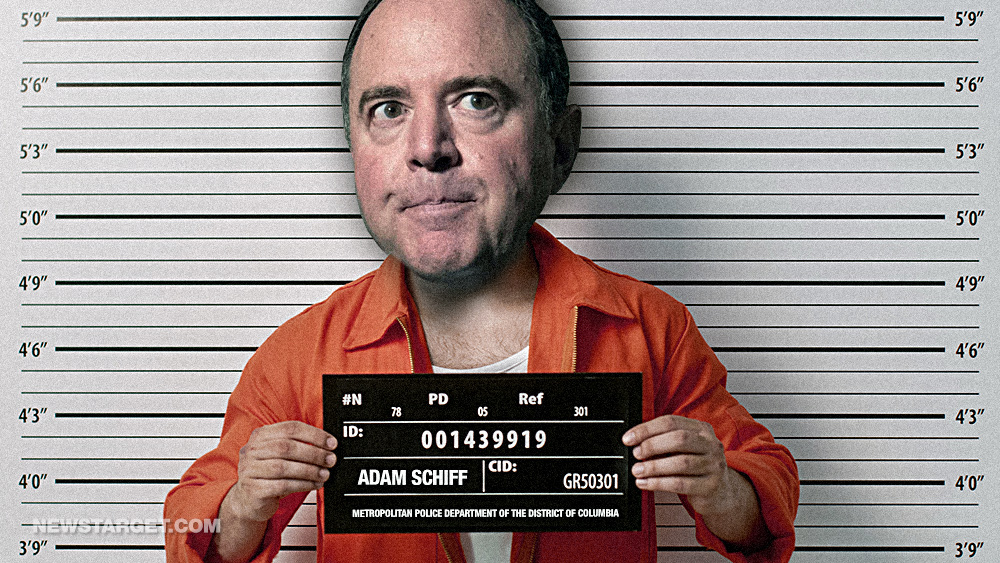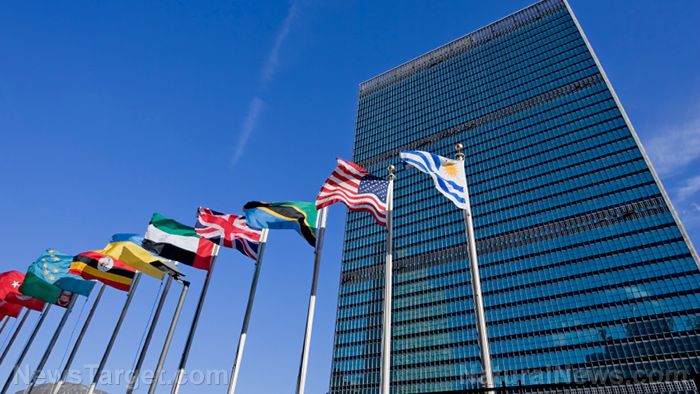Supreme Court’s silence on Boston school admissions raises questions about affirmative action
12/10/2024 / By Lance D Johnson

The U.S. Supreme Court’s decision to decline hearing a challenge to the admission policy of three elite Boston public schools has reignited concerns about the court’s commitment to dismantling affirmative action policies. While the court’s landmark ruling in Students for Fair Admissions Inc. v. Harvard last year struck down racially discriminatory college admissions practices, its refusal to address the Boston case suggests an inconsistency in its approach to racial equality and equal protection under the law. Today, the discrimination falls against white and Asian Americans, as Diversity, Equity, and Inclusion (DEI) policies give preferential treatment to certain races based on their zip codes.
Supreme Court’s silence on Boston case sparks concerns over affirmative action consistency
The case, Boston Parent Coalition for Academic Excellence v. The School Committee for the City of Boston, centers on a policy introduced in 2021 that replaced standardized tests with a ZIP code-based quota system for admissions to Boston’s competitive “exam schools.” The policy allocated seats based on applicants’ ZIP codes, reserving spots for students with the highest grade point averages (GPAs) from each neighborhood. While the number of seats per neighborhood was apparently tied to the population of school-aged children, the policy’s intent was obvious: to racially balance the student body at the expense of Asian American and white students.
The Boston Parent Coalition, represented by the Pacific Legal Foundation, argued that this policy violated the Constitution’s guarantee of equal protection. However, both a federal district court and the U.S. Court of Appeals for the First Circuit dismissed the lawsuit, ruling that the ZIP code-based quota, though designed to alter racial demographics, did not infringe on students’ constitutional rights.
The Supreme Court’s refusal to hear the case is particularly notable given its recent stance on affirmative action. In Students for Fair Admissions, the court ruled that racial considerations in college admissions were unconstitutional, signaling a shift away from policies that prioritize diversity over merit. Yet, in the Boston case, the court has opted to remain silent, allowing a policy to stand that is a thinly veiled form of racial discrimination.
Two conservative justices, Samuel Alito and Clarence Thomas, dissented from the court’s decision, arguing that the ruling contradicts the principles established in Students for Fair Admissions. Alito, in his dissent, described the Boston policy as “racial balancing by another name” and warned that the court’s inaction threatens to perpetuate unconstitutional affirmative action practices.
Boston exam school policy: a test of meritocracy
The implications of the court’s decision are significant. By declining to address the Boston case, the court risks sending a mixed message about its stance on affirmative action. While the Students for Fair Admissions ruling was celebrated by opponents of racial preferences, the Boston decision suggests that the court may not be as resolute in applying those principles to other contexts. This raises questions about the court’s consistency and its commitment to dismantling policies that rely on racial classifications.
The ruling undermines the principles of meritocracy and equal opportunity. Chris Kieser, a senior attorney with the Pacific Legal Foundation, expressed disappointment with the ruling, stating that “every student should have an equal opportunity to succeed based on their merit, not where they live or the color of their skin.” His comments reflect a broader concern that policies like the one in Boston perpetuate systemic inequalities rather than addressing them.
The refusal to hear the Boston case is not just a legal setback; it is a signal that the fight against racial discrimination in education is far from over. The court’s decision leaves many questions unanswered, particularly about its willingness to enforce its own rulings and uphold the principles of equal protection under the law.
Sources include:
Submit a correction >>
Tagged Under:
affirmative action, DEI, discrimination, equal opportunity, equal protection, equity, intent, meritocracy, racial classification, racism, reverse racism, Supreme Court, university
This article may contain statements that reflect the opinion of the author
RECENT NEWS & ARTICLES
COPYRIGHT © 2017 BIASED NEWS




















